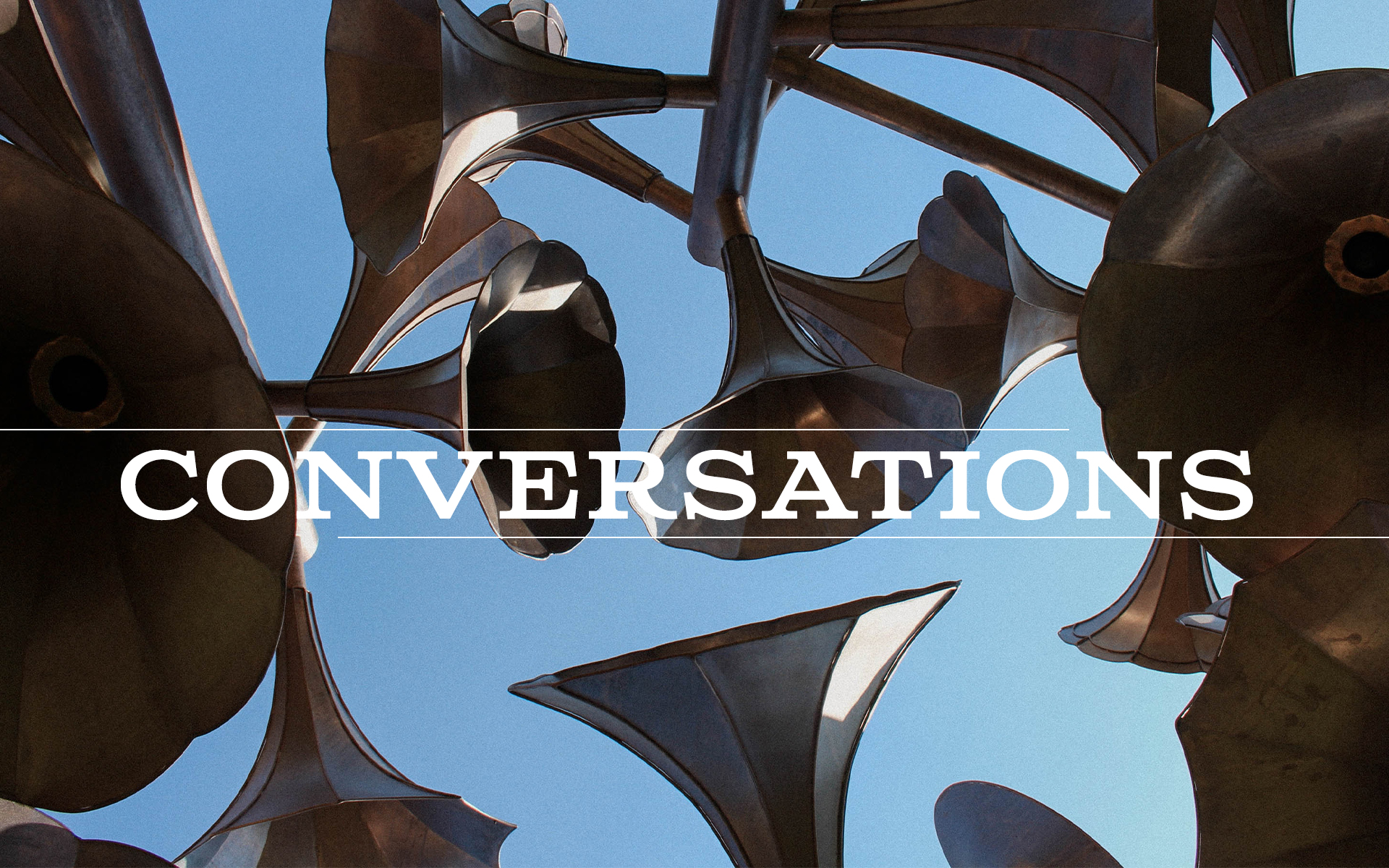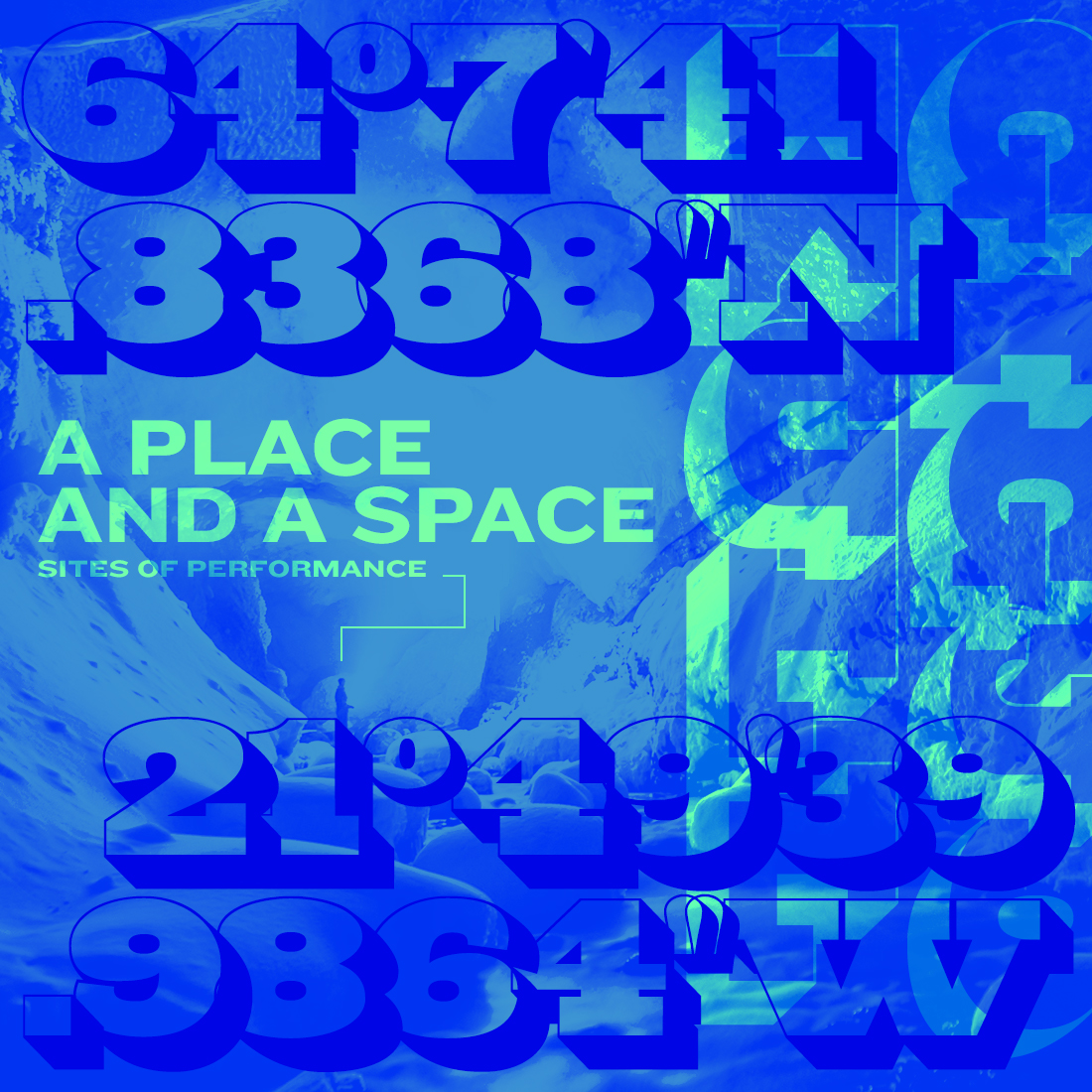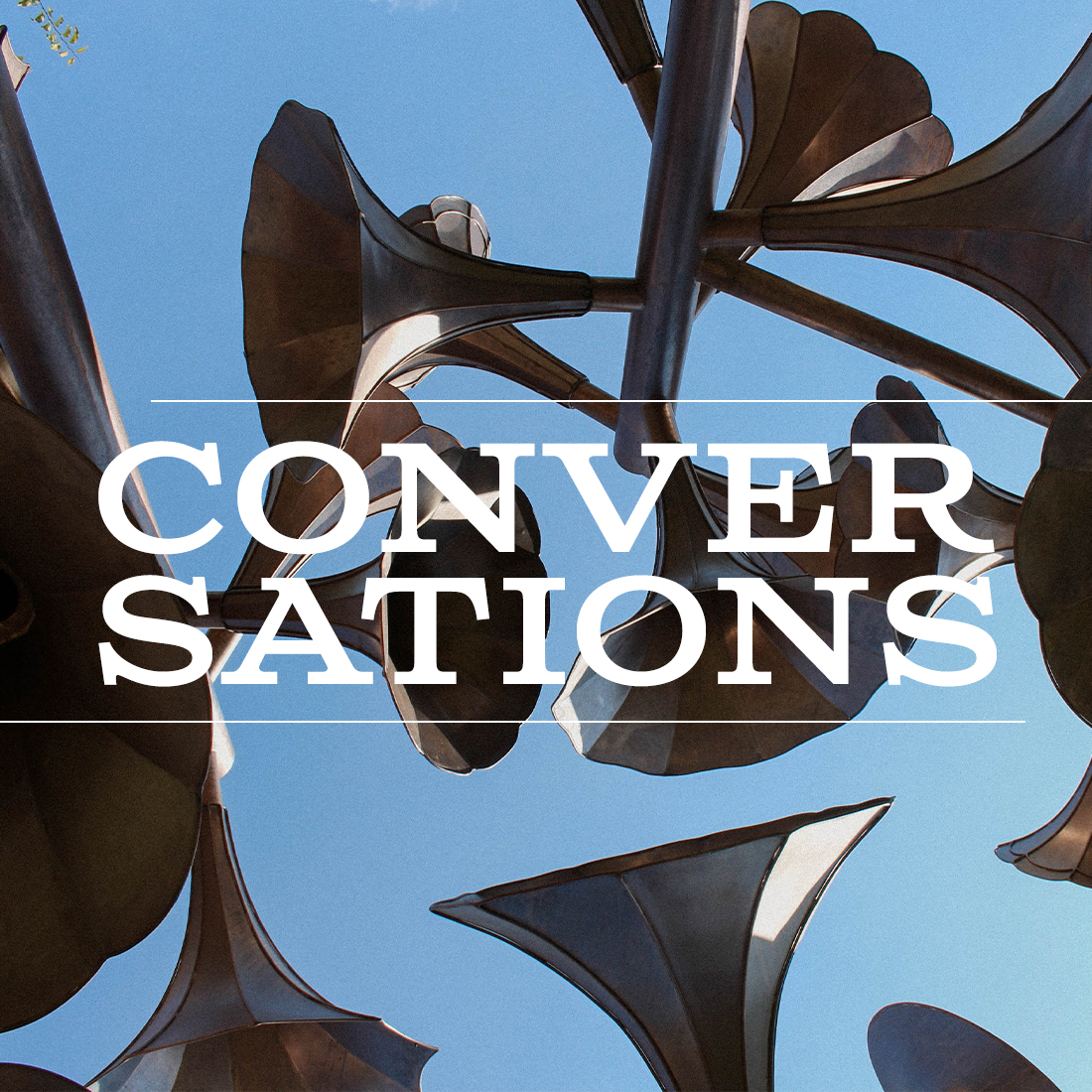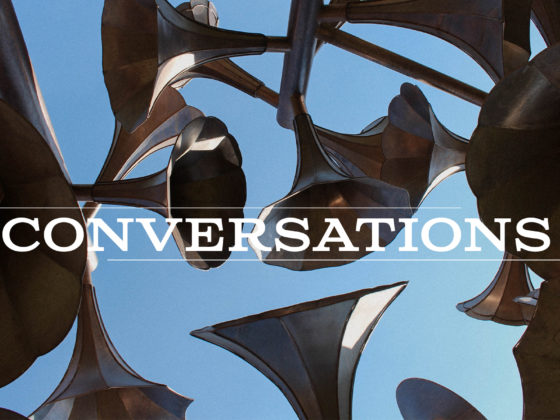ALEXANDRA REALE

As we consider our issue theme of conversations, each of us at SixByEight Press took a little bit of time out of our days to engage in open dialogue with writers, collaborators, and mentors from our own personal and professional lives. We hope that in having these open-ended chats, we can reflect upon and gather a few key lessons from this most human of rituals.
In this piece, editor Alexandra Reale talks to urban planner, writer, and past contributor to SixByEight Press, Alekhya Mukkavilli.
Hi Alekhya, thanks for making the time to talk to us!
Why do you write?
Alekhya Mukkavilli
I think why anyone who writes writes to try and parse through things that are difficult. It’s like teaching right? If you can teach something well it means you have a deep understanding of both the concept and how another brain might absorb the concept. I think writing is similar but maybe more selfish. It’s understanding something and conveying how you want an audience to absorb your understanding.
Is it important to you that you lead a creative or writerly or artistic life?
Alekhya Mukkavilli
I don’t think my motivations are driven by a need to be creative or artistic [per se] — I think it is really driven by a need to be intentional and purposeful about how I approach things and people. I admire those who are creative because it involves translating this need to be purposeful, but I guess I don’t really sit in that box [in] the way I think that other people in my life do.
What kinds of stories/media are you drawn to and why?
Alekhya Mukkavilli
I think I am quite fickle in my media interests when it comes to this, but [I] would say, as of now, I’ve been interested in stories about why things are broken. Cities, systems, communities, the environment, and individuals. Part of this is because it is what I’m made to read because I am getting an urban planning degree; the other part is because I think a lot of news media has an affinity for reporting symptoms.
Drug epidemics, other types of addiction, lack of consensus on climate or infrastructure policies, etc. — they’re all interesting backdrops and content-worthy click bait, but I think I like to read things related to these issues because I want someone to tell me why any of this is happening.
What stories do you think are not being told?
Alekhya Mukkavilli
I don’t think we talk about depression as an epidemic. We don’t talk about systemic failures and how a lot of this is related to organizational inefficiencies. We talk a lot about communities without stressing the “why” of interdependence and what an overemphasis on being independent can rob people of. This is very touchy-feely but at the ripe age of 25 my general view is that the global “we” under-index on education and training in a serious and systemically disturbing way.
You’ve previously written a piece for us at SixByEight Press about the Indian artist Arpita Singh.
What was it like to get in touch with an artist you admire?
Alekhya Mukkavilli
Quite strange [laughs]. Our conversation was honestly very brief and there was more to be said through emails and the like. I think it was kind of touching. My general experience has shown that more often than not, when you spend time with someone you admire at our age, a part of you is always waiting for them to tell you what to do. The reverse of that is a part of you is always a little disappointed when you realize that no one is willing or can do that.
Heart to Heart with celebrated artist Arpita Singh, Padma Bhushan | Source: Art Life Gallery Noida/YouTube
You mentioned you’re getting an urban planning degree.
How much of city-building is storytelling?
Alekhya Mukkavilli
Given that I’m most interested in a specific aspect of planning that is less so about city-building and urban design, I will refrain from answering this. I will note, however, that any aspect of planning or strategy — be it policy or business — is storytelling.
You’ve lived in big cities for most of your life. Do you find your mind wandering differently now that you’re in a rural environment? What are you noticing?
Alekhya Mukkavilli
Probably most apparent is how much I was spoiled by convenience [laughs]. I think it is less so [about the] urban/rural [distinction] and more so [about] all the shocks that came at once, which was jarring for me. One of which is suddenly having a lot of free time to use at my leisure, which has always been kind of daunting to me. When you are thinking outside of yourself for 70% of the time, it’s strange to have so much time to reflect.
Psychogeography – The Art of Getting Lost | Source: TTHS Architects/YouTube
We’re four years out of college now. What are some of the most important lessons you’ve learned since we’ve entered the real world?
Alekhya Mukkavilli
I think that with each opportunity you have, you need to prove yourself. Regardless of how many advantages you have, you can’t assume that you are entitled to anything. That’s a general life skill bullshit thing I’ve learned though.
I think another one is that intelligence is a lot more than just understanding school really well. I think being resourceful — ethically so, not suggesting taking advantage of people — and self-aware builds upon a basic intellectual capacity in a really important way that maybe traditional education does not teach.
Last one — that creating a home matters. One thing I’ve learned from my friends who have moved a lot is that those who are content are able to nest which helps them acclimate to their surroundings in a way that I never really understood the value of (because I’m cheap).
Thank you so much for your time!





